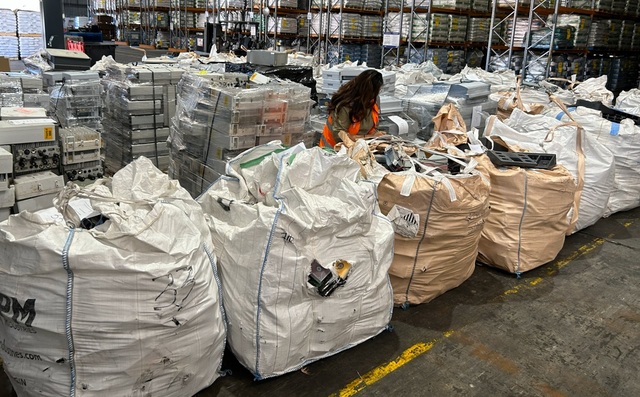Microsoft’s next big step in its popular Windows operating system series, named Vista, has launched in Australia. Windows fans will no doubt want to upgrade to the newest version, but for the sceptics, here’s a run down of what to expect.
Vista has arrived in four versions – not to confuse users, but instead to offer the Windows experience at varying costs.
The whole shebang, Vista Ultimate, allows users to do almost anything conceivable on a computer, from regular activities such as gaming and word processing through to creating high-definition movies and protecting data with a high-level encryption tool.
The skin-and-bones version, Vista Home Basic, features Vista’s advanced security functions, which are Windows’ most advanced stock firewall and anti-spyware and virus tools yet – but that’s about it, other than the Internet Explorer 7web browser and an Instant Search feature.
Home Basic will suit those who use their computer for little more than word processing and web browsing.
The two products that will no doubt be popular are Vista Home Premium and Vista Business.
The latter is self-explanatory – a suite targeted towards business through its advanced networking features, data backup tools and tough security.
Home Premium, however, is what most end-users will find themselves with, not only because it’s cheaper than the Ultimate edition, but because it covers all bases.
Across the range, Vista offers an enhanced interface that is cleaner than Windows XP, and offers 3D effects when switching between programs.
Such features, while visually pleasing, will of course require more horsepower under the bonnet.
For gamers, Vista may be a step forward with its new DirectX 10 API, which will result in flashier graphics in forthcoming video games.
But like XP before it, the new operating system may not be compatible with all of the older games.
Discussions are best had about Vista’s compatibility on web forums, particularly Australian ones such as www.whirlpool.net.au, which is not related to the whitegoods company, but rather an independent site run by Australia’s computing community.
Four different options for new Vista
Digital Editions
-

Why volunteer? Because it might save you too
Last night, I had the honour of being invited to the Cranbourne Chamber of Commerce for a speed business networking event. What struck me most…















